Benefits of Board Games for Kids
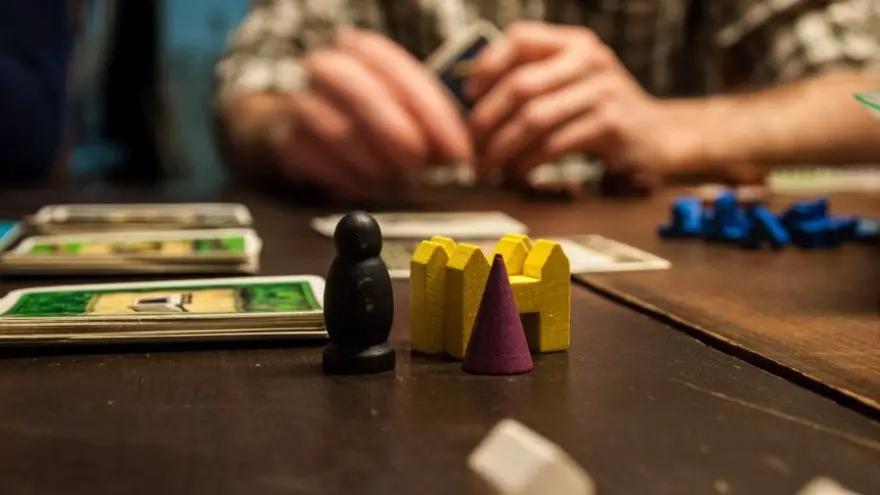
All kids learn to love board games and parents have to take the time to teach them how to play them. Kids also enjoy spending time with their parents and this is a good way to spend some time with your kids and bond. There are many board games that are fun to play, but parents can’t just give them the game and expect them to learn on their own. If your children are older, most of them by now should understand how to read the directions, if they started playing board games at a younger age.
Candyland and Chutes and Ladders are old-time favorites and are designed for kids ages four and up. There are always card games like Old Maid for younger children and Uno, for the older children. Parents can play hearts, spades, war and teach their children how to play solitaire on the computer when they are young. The nice thing about board games is this helps your kids develop their fine motor skills, teaches them how to count and also teaches them how to be a winner or accept losing graciously. These skills help them build social skills and gain confidence in themselves.
Board Games Help Kids Put Away their Devices
Board games do not require technology, therefore this is why board games are unique. Board games are a great way to spend time with your kids without using a screen of some sort. In addition, kids love the time they spend with their parents playing board games. Families that are looking for new ways to spend time together without devices lurking in their midst, will find that board games help them connect with their kids emotionally. Make some snacks or order some food and have a special board game night!
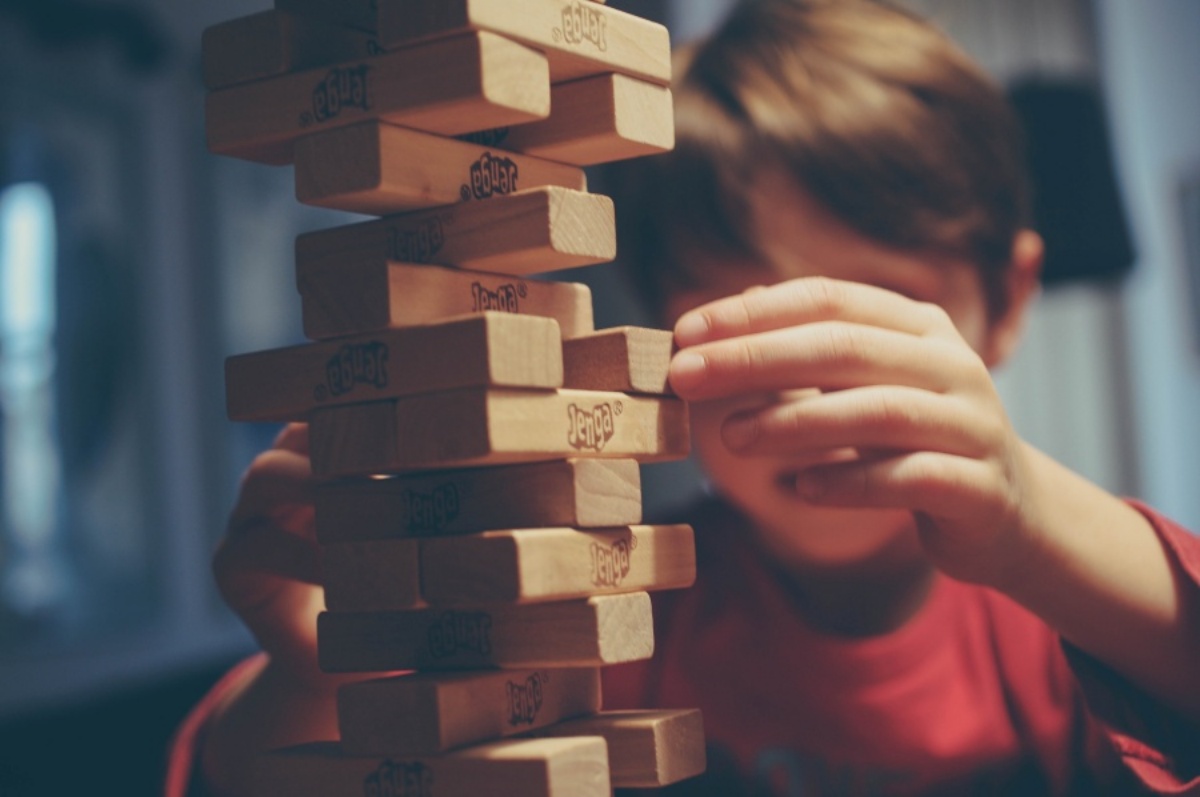
The Opportunities of Board Games for Kids
The old favorites like Candyland and other games from the past help kids learn their colors, learn how to count and learn how to coordinate their eye and hand movements. Board games also help kids learn dexterity because they are learning how to move the cards and the pieces of the board game to different spaces. In addition, this teaches them that they have to wait for their turn before they can play again. The rules are also a good way for kids to learn what is ahead for them in school and in later years.
Board Games Help Kids Think
Board games are great for kids because this will help them with the development of their brain. This is really important for the older kids and teens. There are some good games that use strategies like Clue, checkers, chess and card games. This helps assist the frontal lobes of the brain with development. The frontal lobes are important for making plans, organizing, and helps kids make the right choices. This is really important for kids, so board games are a great way to help your kids in many aspects of their lives.
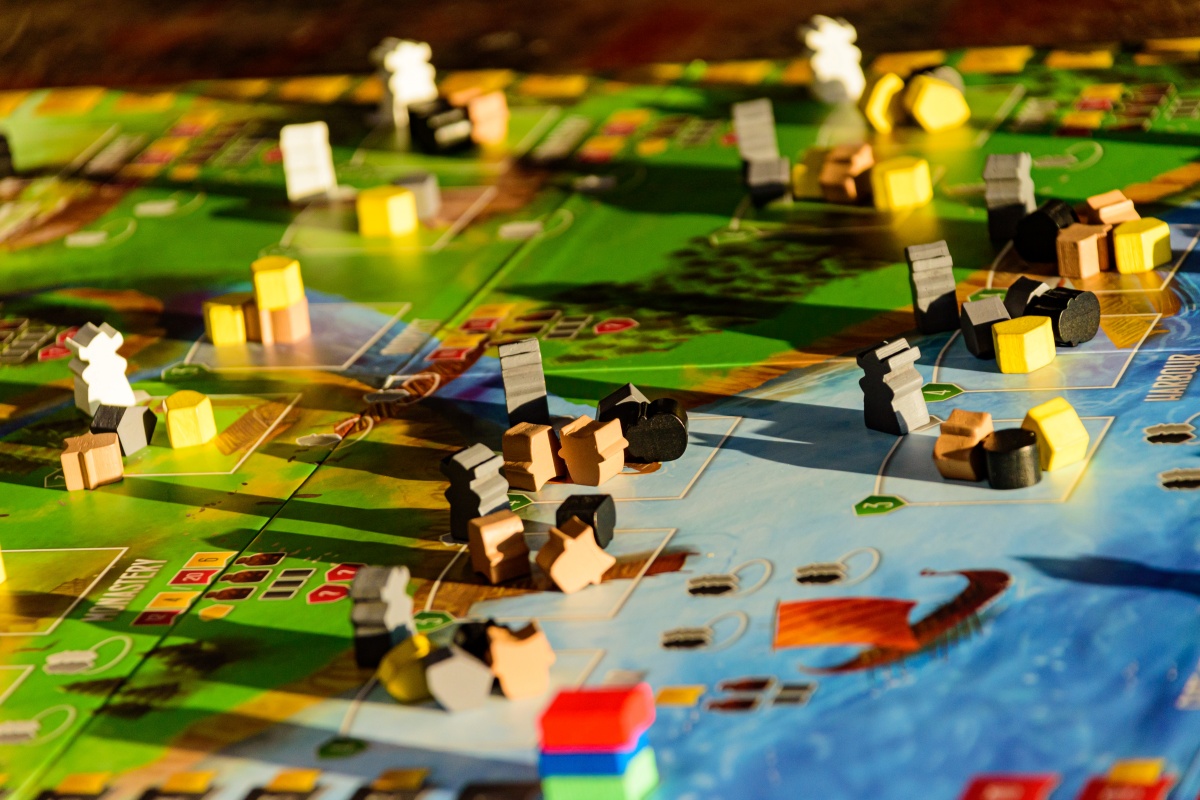
Board Games and Language Development
Board games can help kids with skills that they are having problems with. If your child is fussing about reading, try playing Scrabble or Boggle, to help them learn more words for their vocabulary. These games also help kids with spelling problems. Clue is a great game for kids that are struggling with understanding reading.
By playing the game of Clue, kids learn different kinds of information that are critical to solving a case in regards to who did what and where. These are things they have to remember in order to win the game.
Try a Board Game, Instead of a Time-Out
If you are having a bad day with one of your kids, sit down and play a board game with them instead of scolding them and sending them to their room. Board games help parents and children bond and work on their relationships. Board games are good for helping children control their frustration and learn patience.
Frustration control grows from taking turns and becoming patient during the game, even if they don’t win. Board games can also help younger kids learn how to be more respectful and not leave the room in frustration. It might help your child think before they stomp away and start crying after they slam doors.
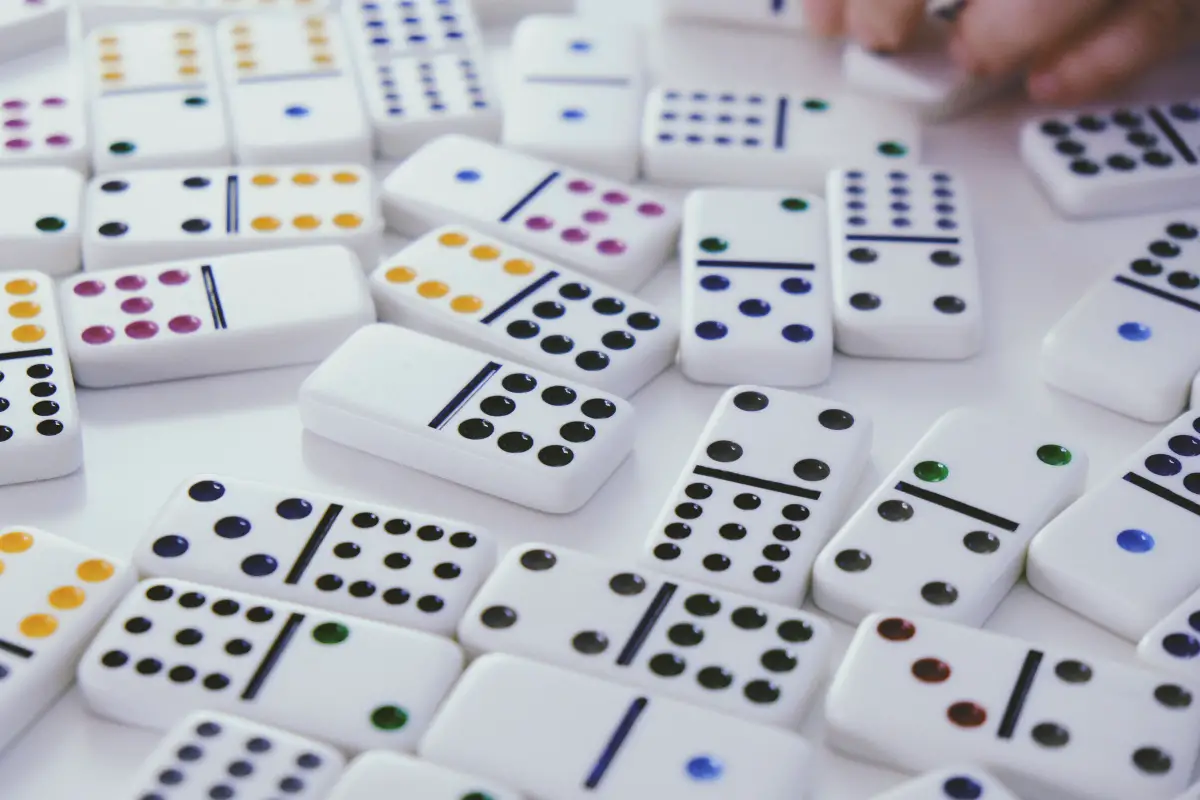
Board Games Help Kids with their Attention Spans
If parents can get through a board game without any interruptions, this helps their children have a longer attention span. The problem is everyone needs to stay focused on the game from the beginning to the end, and leave the phone calls for later, unless it’s an emergency.
When your family decides to play any kind of board game, stop checking your phone or texting. Turn the volume down and stay away from the television set too. The problem with kids these days is their attention spans are declining at a rapid rate with every generation, and seeing the board game through for a half hour or longer will help increase everyone’s attention span. The world is full of too many electronic distractions.
Board Games Help Anxiety
Board games, especially cooperative board games can help kids become more socially motivated and make friends more easily. This is because they are doing a task that is structured, so board games can actually help kids build new relationships with their friends from school.
Playing cooperative games with family or friends can definitely help your child build up their social skills. Shy children that struggle with communication will especially benefit the positive environment in which a team of people works together towards the same goal of winning the game. Additionally, the entertaining factor in cooperative games can help kids come out of their shell and have fun participating in social activities.
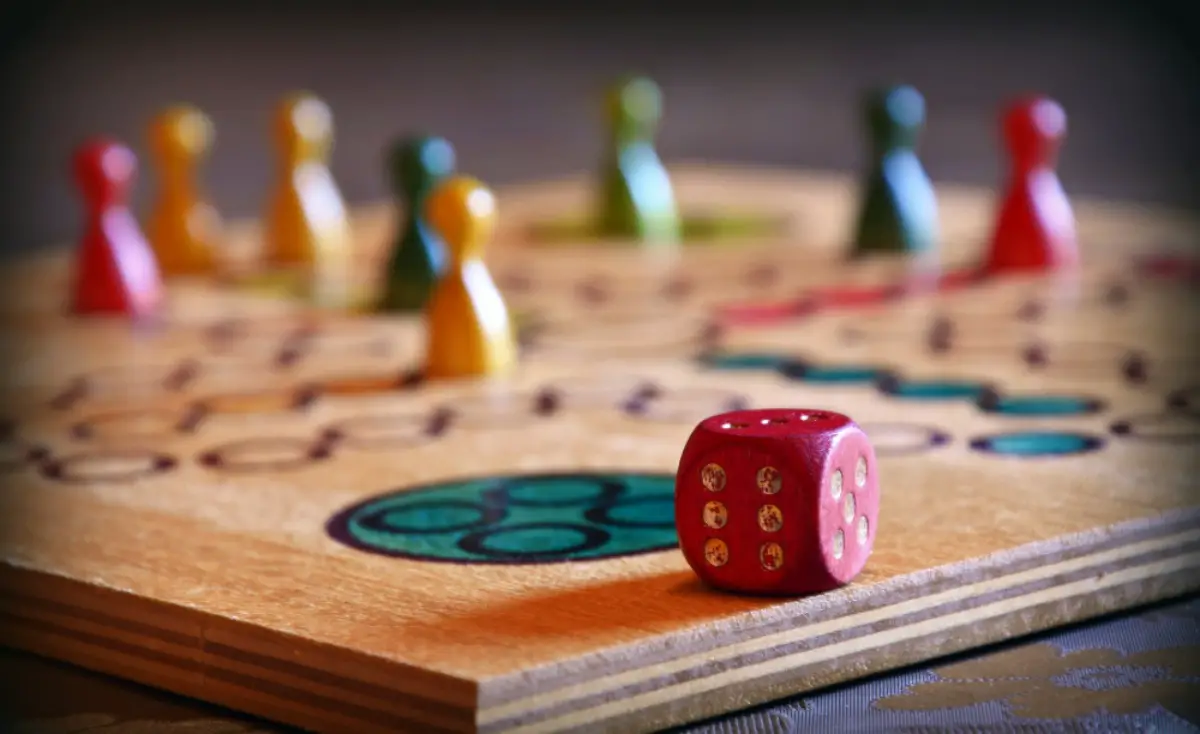
Board Games Help Kids Learn about Teamwork
Board games have many hidden messages in them when kids are playing them. Kids learn about luck and how losing the game can turn into winning within the roll of the dice. Sometimes their luck changes for the better and sometimes for the worse. This is why parents have to tell their kids that winning is not always guaranteed with games. In reality, board games are still a good way for kids to pick a partner and become a team and work together towards the common goal of winning.
This will be beneficial to them in later life as well. If your children are of many different ages, then find a game like “The Brainiac Game” or “Race Across the USA”. These games have questions that are structured for kids from first to sixth grade. This way everyone gets to play and finds something to interest them.
On another note, when it comes to cooperative games, the positive reinforcement that comes with beating the game will bring children closer together and give them a sense of accomplishment without making them over-competitive. This will also prepare them for group school projects where every team member will have to put in equal effort towards completing an assignment to meet the mutual goal of getting a good grade.
Board Games Teach Kids How to Lose
Board games are good for teaching kids about fairness and losing. Cheating is not allowed when kids play board games and the sooner they learn how to be a good sport, the better. If you find you are losing patience with your child who is showing a sour face about losing a game, and they start breaking the rules, don’t let them break the rules. Make sure your children are at a reasonable age that you can talk to them.
This only teaches them bad habits for their future and they have to learn how to cope with losses. Praise them if they are trying hard not to make a fuss about losing a board game. Tell them you hope they win the next game and help your child smile. These are the benefits of board games!






